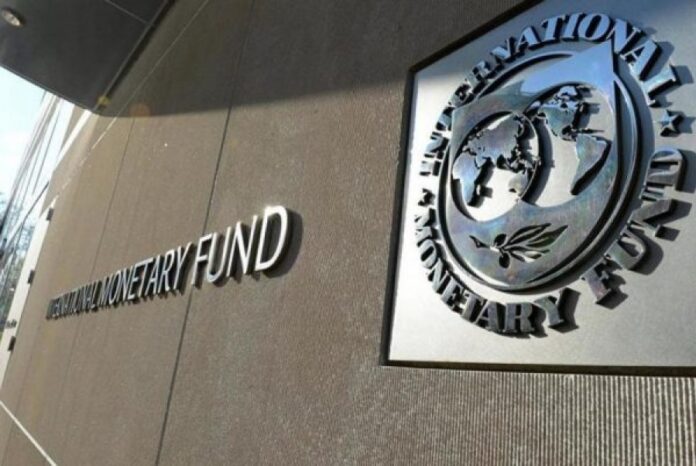Europe’s central banks should be wary of potential dangers ranging from more financial stress to a divergence in bond yields as they stay the course with further interest-rate hikes, according to the International Monetary Fund.
Inflation risks put the onus on officials to keep tightening, the Washington-based lender said in a report on Friday. Even so, they’ll need to stay nimble in case more tensions emerge similar to the recent turmoil originating in the US that ended up crippling Credit Suisse Group AG, according to Bloomberg.
“While comfortable average capital and liquidity buffers among banks in the euro area and the UK provide a cushion, the recent banking-sector problems illustrate how liquidity strains and financial stress can surface abruptly,” the IMF said.
“Another stress episode could erode buffers, especially among banks with weaker fundamentals, and sharply tighten credit and broader financial conditions,” added the IMF.
The assessment listed a full spectrum of risks faced by the region’s policymakers at an advanced stage in their monetary tightening cycles. While telling them to tread carefully, the IMF also warned that the European Central Bank in particular should keep raising rates. A move is promised for next Thursday.
“High and potentially more persistent than expected underlying inflation calls for tight monetary policy until core inflation is unambiguously on a path back to central-bank inflation targets,” the fund said. “Another factor pointing to inflation risks is evidence that economic slack in many European economies may be even smaller than estimated after back-to-back shocks.”
Speaking in an interview with Bloomberg, Alfred Kammer, who heads the IMF’s Europe unit, emphasized the need to hold course.
“The worst thing you can do when you’re fighting inflation is loosen too early or pause too early because that will require a second attempt to tighten and that will increase the costs of the disinflatoin effort,” he said.
In the UK, where a recession is likely and consumer-price dangers less pressing, the Bank of England might also keep at it too, the IMF said.
“Monetary policy may need some further tightening to keep inflation expectations well-anchored and bring inflation back to target, though risks to inflation are now more balanced,” it observed.
The IMF’s current outlook for the ECB envisages another 75 basis points of hikes to 3.75%.
“Further increases in policy rates are required in the euro area, while central banks in emerging European economies should stand ready to tighten further where real rates are low, labor markets are tight, and underlying inflation persistence is high,” the report said.
Although the ECB can continue with quantitative tightening via a wind-down of its balance sheet, that too should be carried out with care, the IMF warned.


